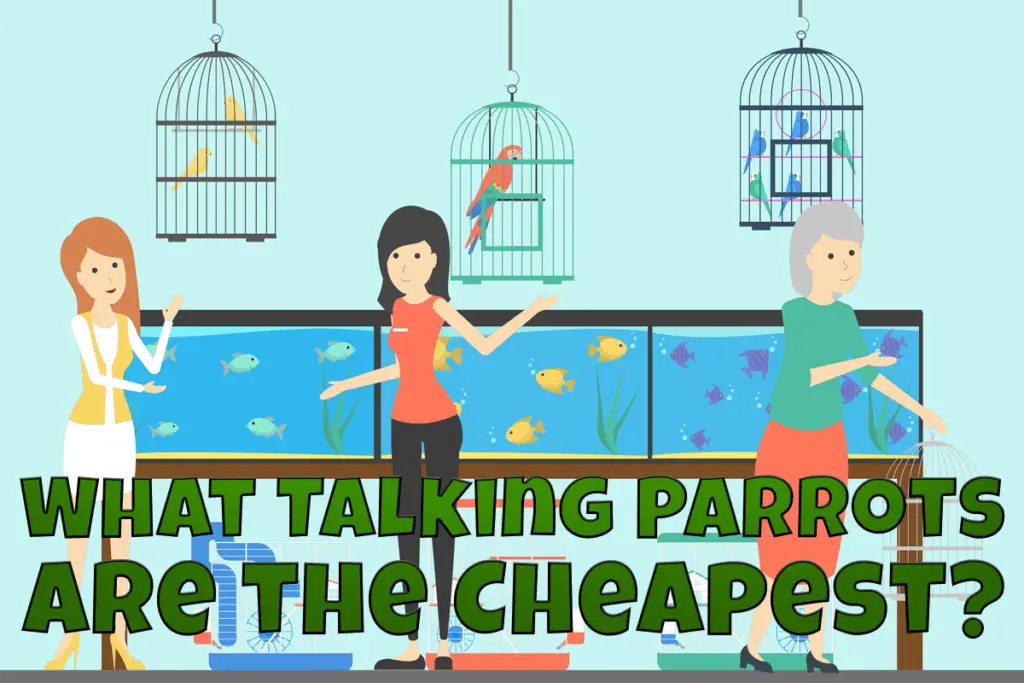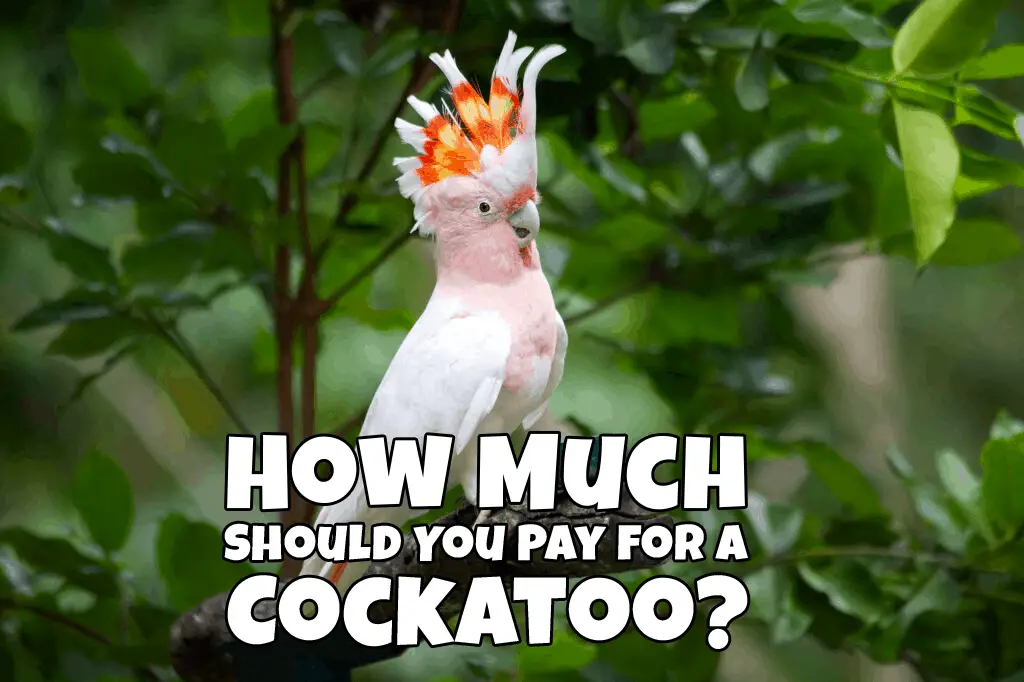Losing a pet is always a tragedy. We are not simply their owners; we are their family. And people get devastated if this occurs. But how about their parrot friends? Do parakeets grieve for their lost companions? Do they grieve when separating from the family?
Yes, parakeets can and do grieve. These tiny creatures are full of love. They get attached to their companions fast and would grieve in case of separation. Parrots are highly social creatures who bond with other animals and humans easily.
This article is mainly meant to cover how to help your grieving parrot and ease its pain. As an owner and a parent, you should support the bird even if you are grieving yourself. Be kind and help your little friend.
Do Parakeets Have One Mate for Life?
Do Parakeets Grieve When a Parrot Dies?
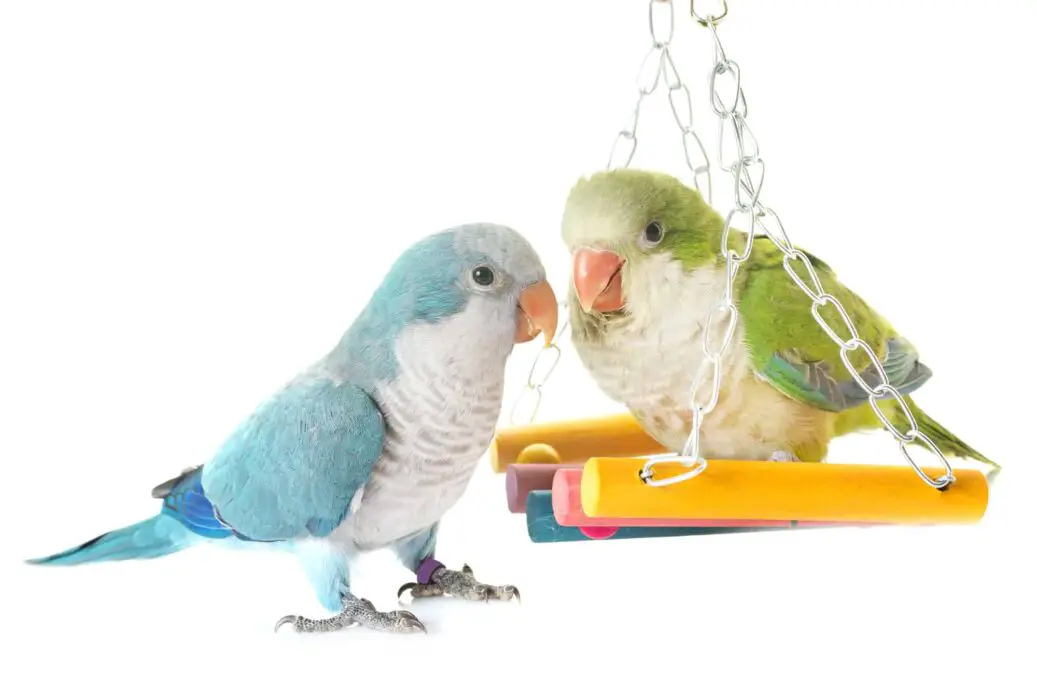
Yes, as I’ve mentioned, parakeets are social animals and always bond with their partners or even other animals in your home. Plus, they make a special bond with the owner and their family. If you keep your birds in pairs and one dies, grief will hit the other hard. The bird will mourn its partner for several days or even weeks. The death of another pet will not be as brutal of a blow but will still result in a mourning period.
However, the good news is parakeets do overcome their grief in time and can even mate with a new partner in the future.
The signs of a parrot grieving:
- An excessive head bobbing. Parrots bob their heads occasionally, but it’s a short process. If you notice way more bobbing than usual, it’s a sign of grief. AS it’s a common means of socialization, your parrot shows that it missed interactions with a partner.
- Loss of appetite. This is a common sign of depression and grief for all animals. YOu may have to unpack its favorite treats to make the parrot eat something.
- Feather plucking. This is never a good sign. Parrots pluck their feathers due to emotional stress, and you need to pay extra attention to it during the mourning period to make sure the bird doesn’t injure itself.
- Insomnia. You may also notice insomnia and an irregular sleep schedule when your bird is grieving. Try to offer enough “dark time” and regulate its time near the windows.
Parakeets Need a Nest (But an Unusual One)
Can Parakeets Die of Loneliness?
If the mental state of your bird continues to deteriorate, it’ll soon affect its health. Your bird will recover with proper care in most cases, but anything can happen. If it takes too long, it may lead to severe health problems. In extreme cases, death is a possibility as well. Especially in the case of previous health issues.
Thus, you need to take extra care of the pet during this period but without worsening the condition.
How to Help a Grieving Parakeet?
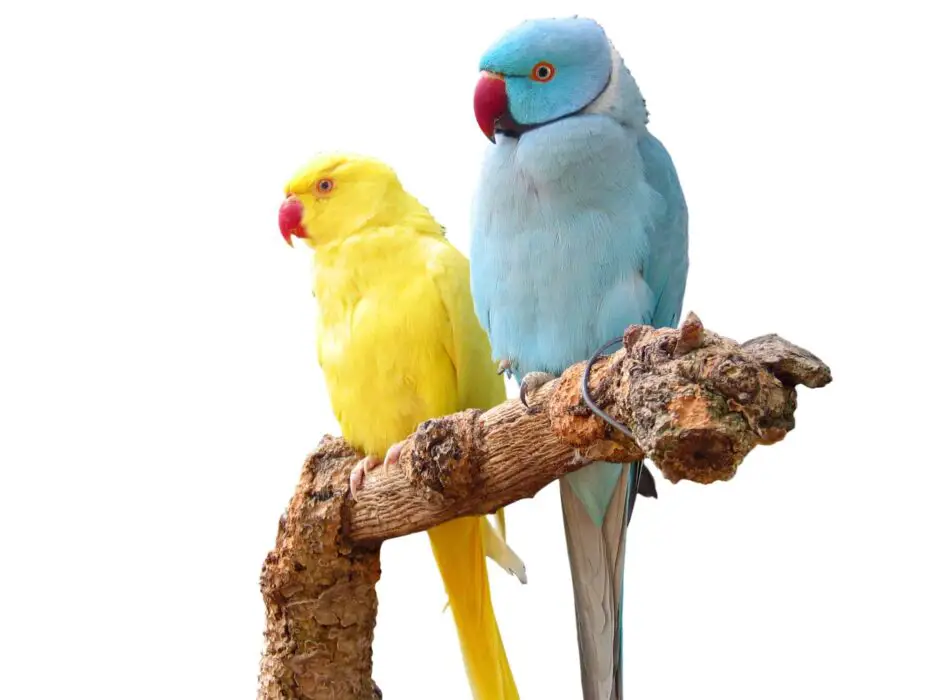
As I’ve mentioned, your help is of utmost importance for the bird in this challenging time. Only your care can lessen the effects of grieving and maintain health issues.
First of all, do not leave it in the cage all the time. It needs extra time communicating and playing with you. It’s already lost a friend/partner; it shouldn’t be left alone. So spend more time with your parrot but don’t push it if it doesn’t want to talk.
Keep to a strict schedule. Even if your parakeet was not used to a schedule before, now is the right time to bring more stability into its life. For example, feed the bird at a specific time, schedule playtime, bedtime, etc.
Give it a treat. No, I don’t mean switching to the delicious foods (and usually caloric ones) when your pet feels down. However, it may lose its appetite overall. In this case, a treat may have a greater chance of catching your bird’s interest than pellets. But still, provide the latter to keep its diet healthy. Plus, your bird’s favorite treat can elevate its mood, and it’ll eagerly socialize with you.
Do not let your parrot get bored; a new toy will be used with pleasure and mental benefits. It can even serve as a distraction if you don’t have enough time to b active with your bird.
Also, do parakeets like music? Absolutely! They are the biggest fans of tunes, whistling, and dancing. However, at this time, keep the rok out of your home. Your grieving bird will better benefit from calm and gentle tunes. Classical music is a good option, but not the only one possible. In addition, just simple human life noises will be beneficial for your bird. Spend your day indoors just doing your stuff, and your parrot will feel better.
Can Parakeets Overeat? Beware the Dangers
Do Parakeets Learn Their Name?
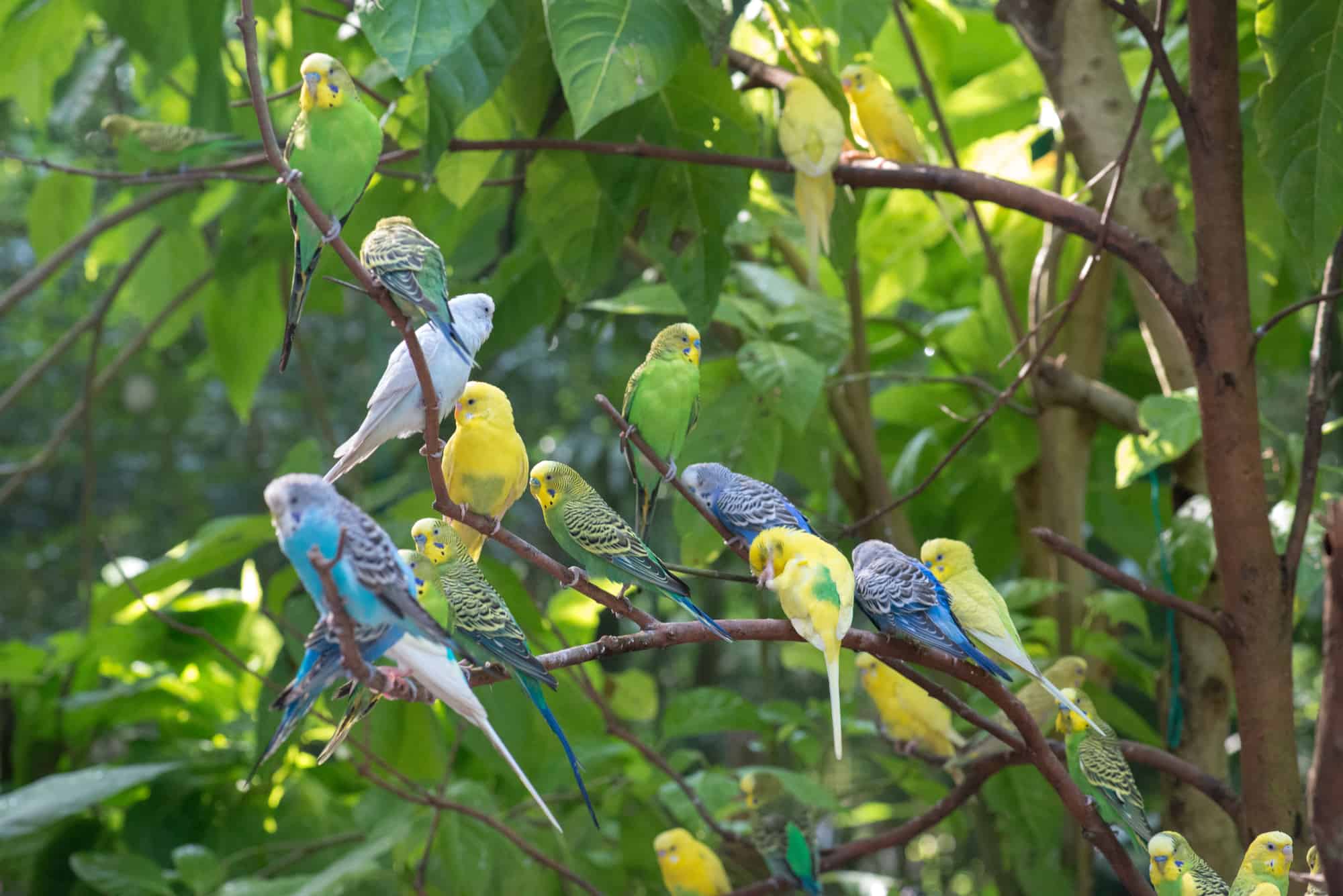
Yes, parakeets learn to recognize their names with time. Thus, it becomes yet another effective way to bring your parrot out of its grieving stage. Call it by name regularly and actually pay attention to it after that. Then, the bird will know it’s not alone and get specific enough directed socializing.
If your parrot reacts to its name, like tail bobbing or chirping, know that it’s getting better and is not so depressed.
In addition, I’d like to highlight that parrots can grieve not only for their partner but also for family members. This is because these birds live in flocks and consider you a part of it. Thus, they will feel sad to lose you or anyone from the family. And a parakeet will remember t’s owner for months to come. Thus, if your child goes to college, for example, the bird will get excited to see them on vacations as well.
Why Do Parakeets Kiss Each Other?
When to Introduce a New Partner?
Fortunately, a parakeet will get used to a new partner and bond with it. But in time. Even though parakeets have one mate, they can “remate” if they lose it. You definitely don’t want to introduce another bird while yours is grieving. Wait until all the signs are gone, and your parakeet is happy and energetic again. As I’ve mentioned, it may take up to several weeks. Thus, I’d wait for around a month.
As you bring a new bird into your home, it’s essential to keep it in a separate cage for the time being. Give the two birds to get used to each other and bond gradually.
All in all, parakeets are social and affectionate birds who need to socialize and will get depressed with the lack of it. Yes, if separated from its partner or a flock member, the bird will grieve, but this is a fleeting process. If you provide all the necessary care, your bird will recover soon and be just s lively and chattering as it’s been before.

